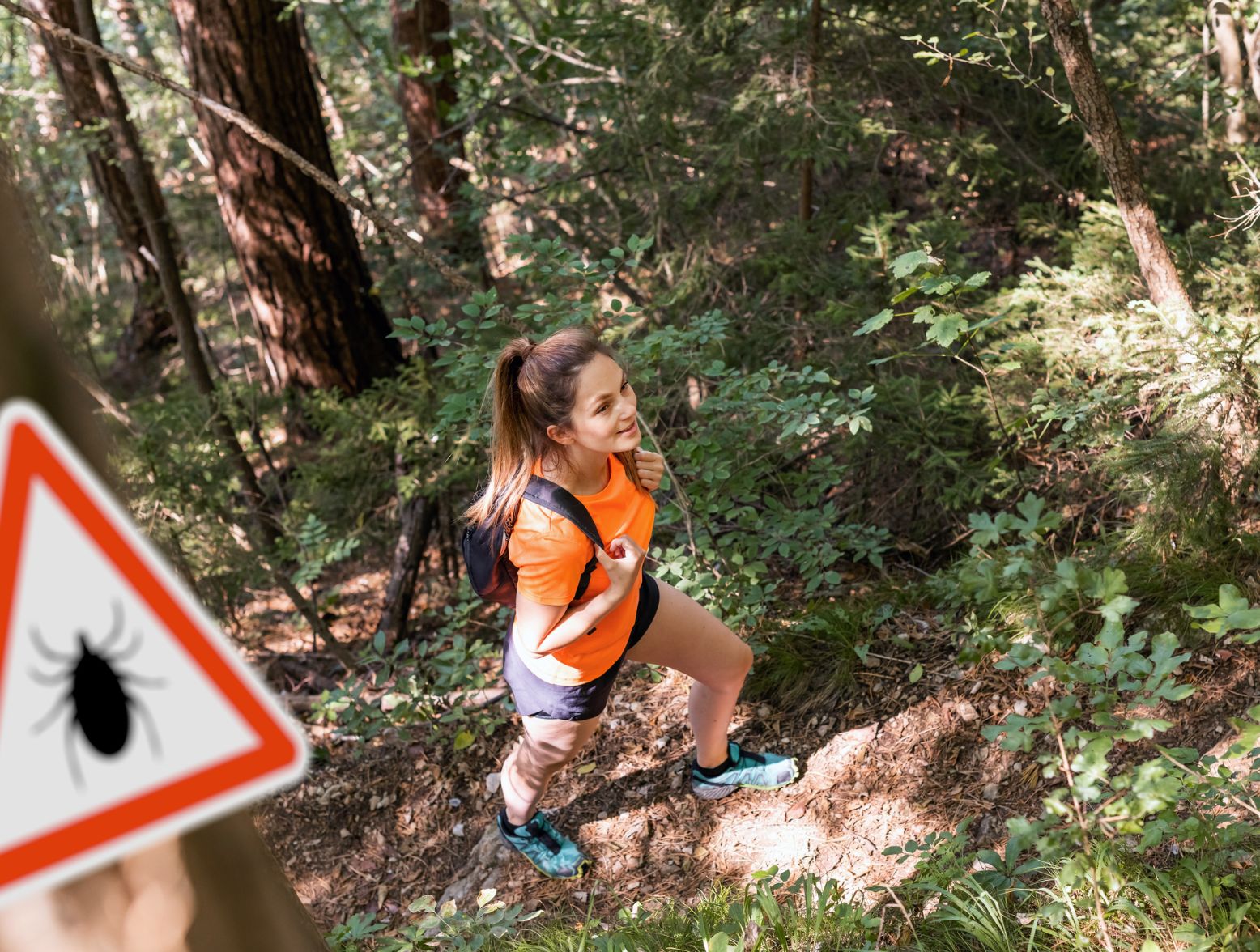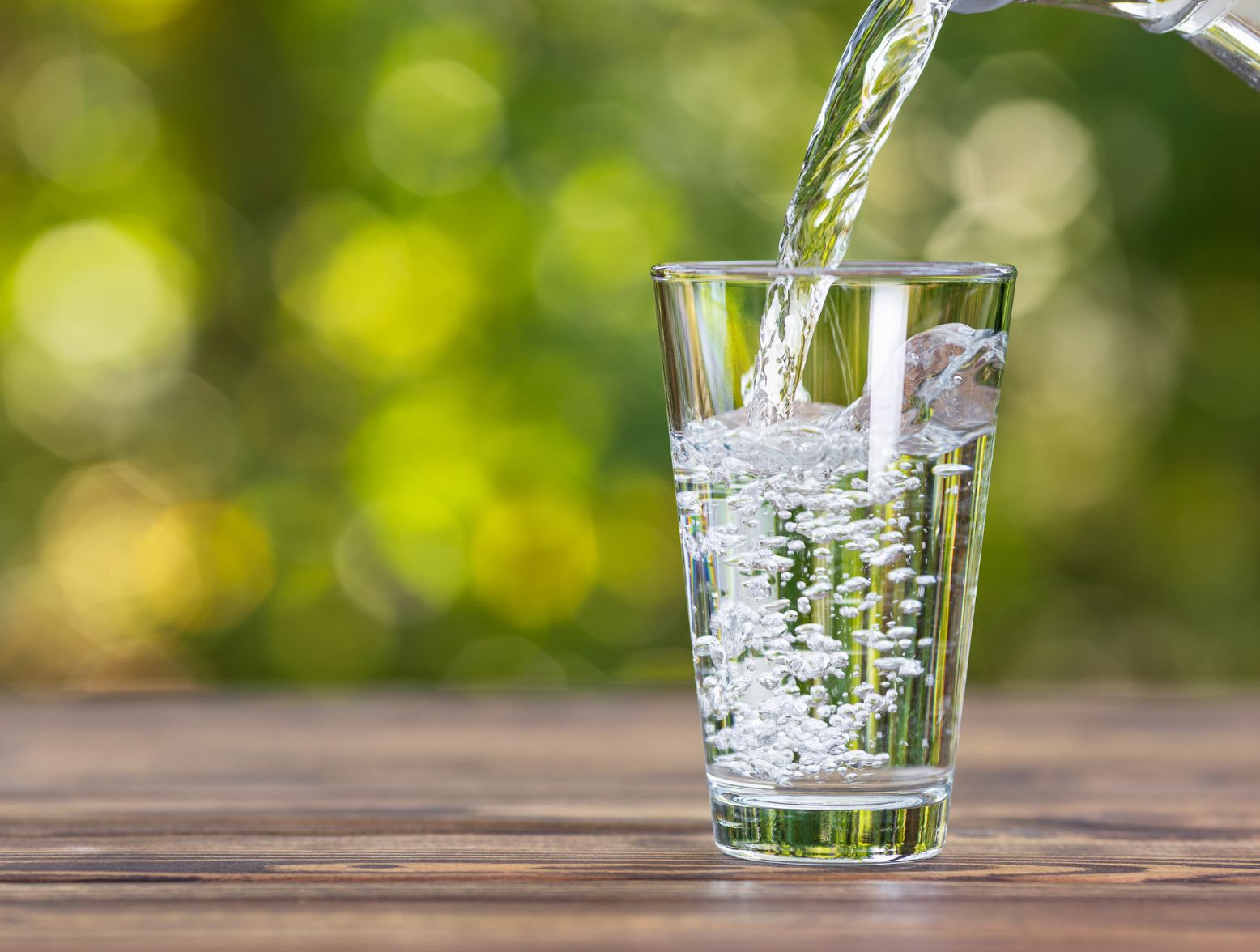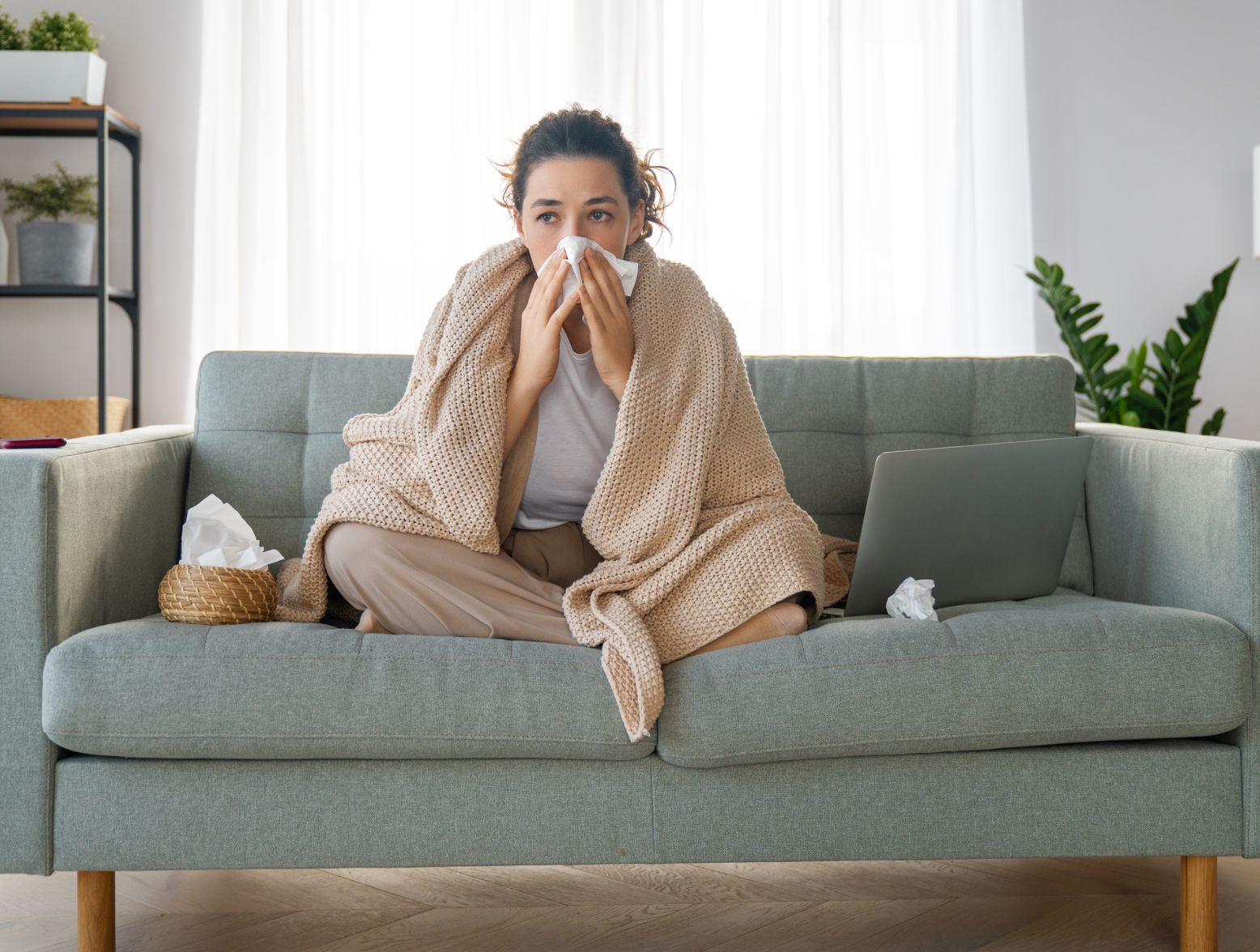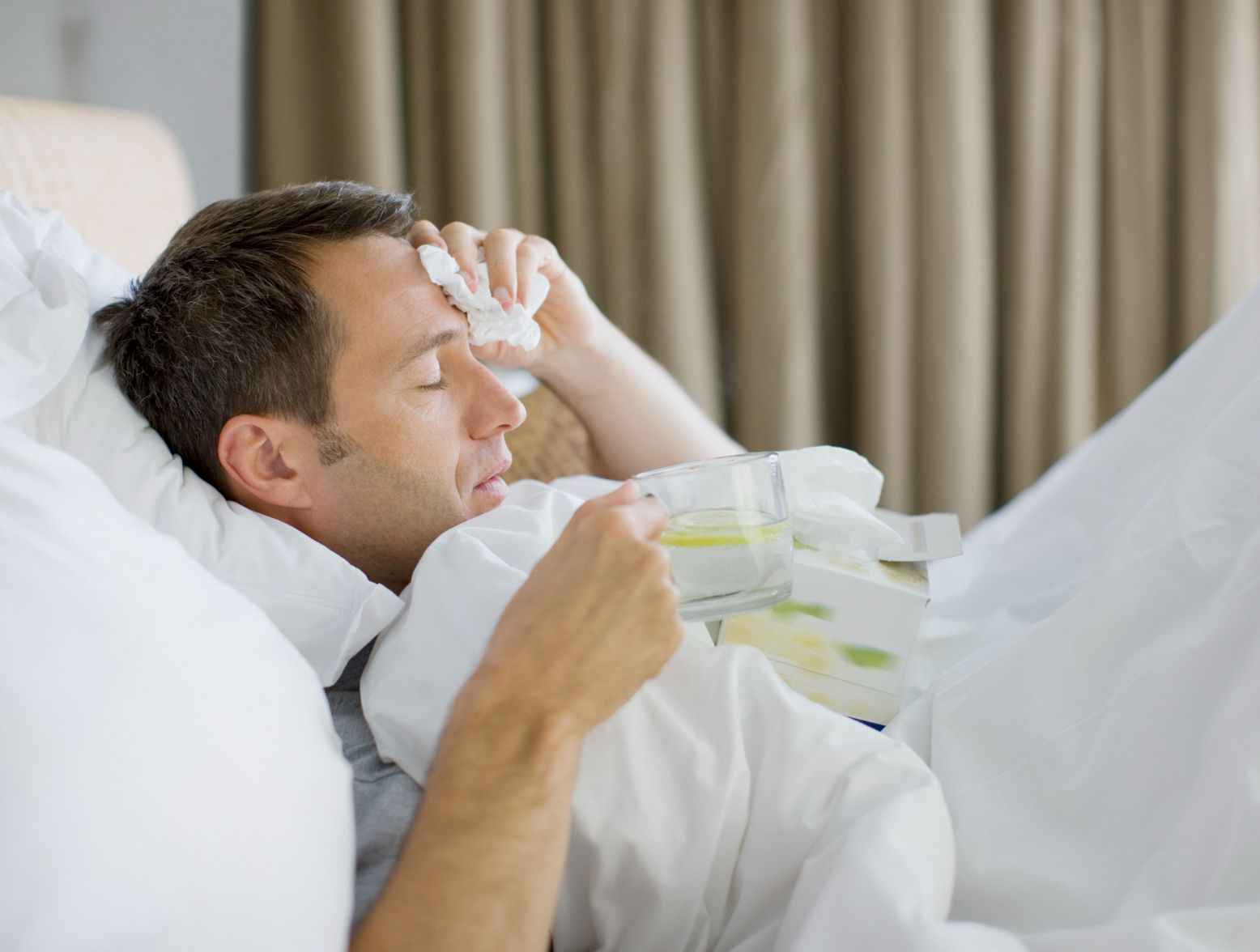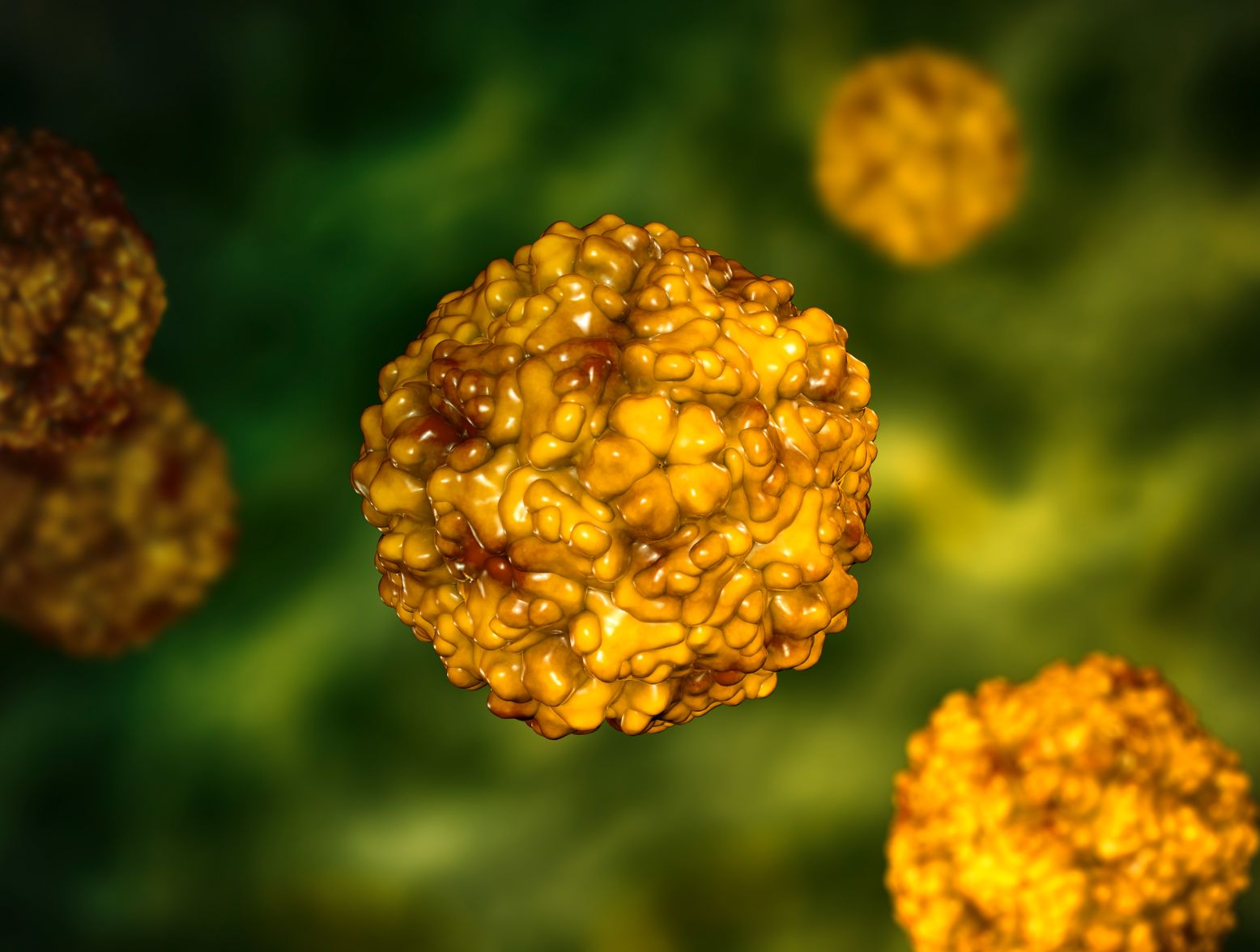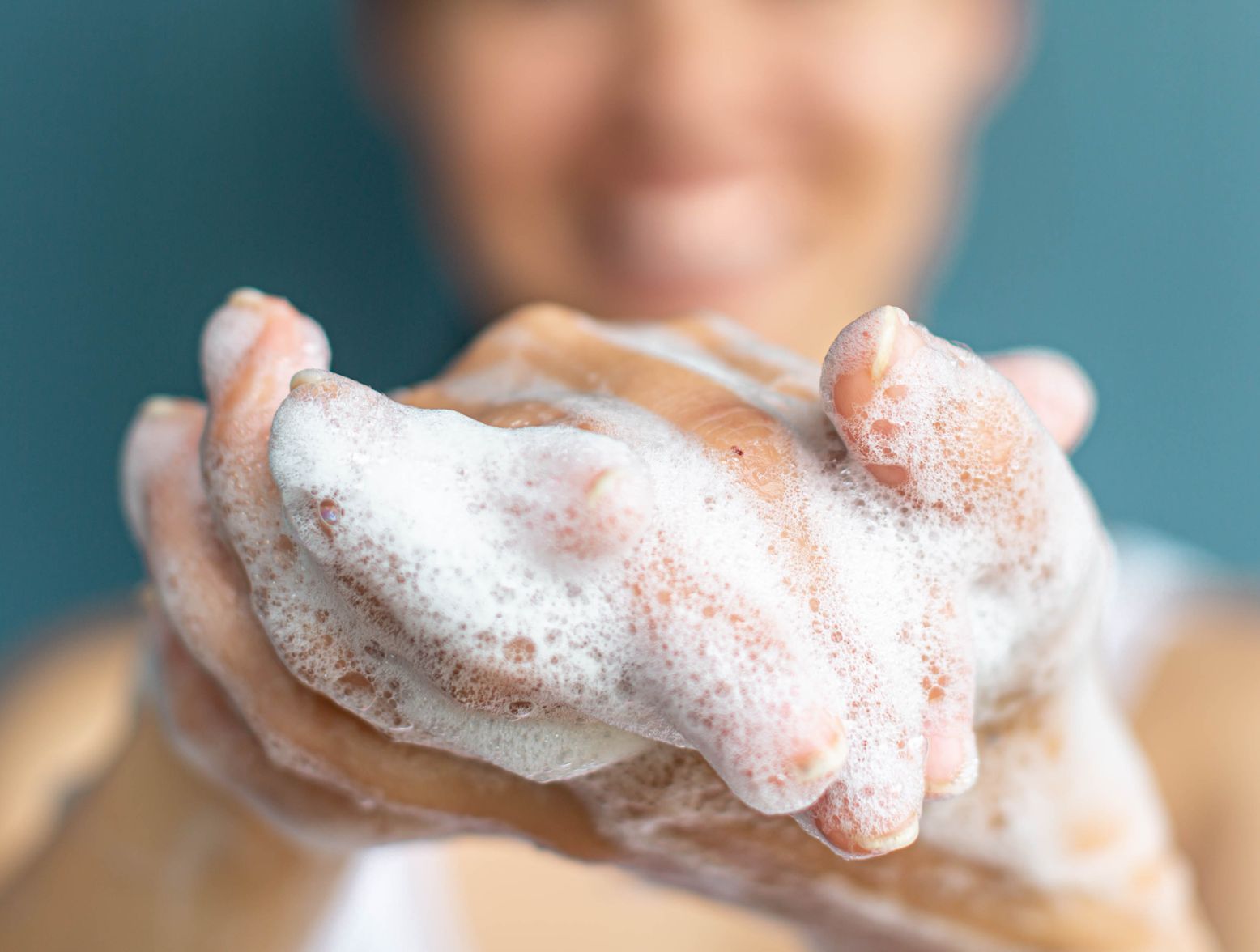Donate For Alzheimer’s Research – Dancing Stars Of Augusta Update
It’s hard to believe, but Dancing Stars of Augusta is happening next month (May)! This fun show is an amazing fundraiser for a great cause. If you’d like to donate for Alzheimer’s research, you can click the QR code below. And keep reading for the latest updates below!
Dancing Stars Of Augusta Gala
The show is coming up on Saturday, May 4, 2024, at the Columbia County Performing Arts Center. Tickets are still available and the proceeds go to my fundraising efforts. Get your tickets HERE so you don’t miss my big dance debut!
I am one of 12 “stars” who will be performing on stage for Dancing Stars of Augusta. Each star will perform a dance routine with our dance pro. If you remember, I got asked to join the lineup back at the end of January. And I didn’t meet my dance partner until later in February.
Feeling like I was late to the game made me nervous. Thankfully, I do have a dance background… but there’s still something about the time crunch and the uncertainty. Once I met Daniel, I felt a huge sense of relief. We discussed ideas and listened to various songs to decide what we were going to do. On our first meeting, we picked the song and even started working on choreography.
We have since had maybe 6 practices. And I’m proud to say, I think the dance is DONE! Actually, we had it pretty much finished up by the 4th or 5th practice. Now it’s just a matter of cleaning it up and getting it performance-ready. Oh… and I still have to figure out my costume. That’s a pretty important detail.
I am SO excited for the show. If you’re going to be there, I think you’ll have fun with our performance. Also, we need you to vote for us and help us win this thing!
Donate For Alzheimer’s Research
On the day of the show, there will also be a live auction. All of the funds raised will benefit the Alzheimer’s Association. It’s going to be a fun night, with lots of dancing, sparkle, and hopefully LOTS of money raised.
When you donate for Alzheimer’s research, you are helping make a difference for those affected by this tragic disease. Alzheimer’s disease is incurable, but the goal is to change that. The disease not only affects the person, but it impacts everyone in their lives as well. It’s a heartbreaking disease to watch the people you love lose who they are.
Donations are used for not just research, but also to support those battling the disease and their caretakers. It also helps with advocacy.
Any amount will help in our fight against this horrible disease. I’m currently only 30% to my goal and would appreciate your support in any amount you can donate for Alzheimer’s research. You can simply make a donation or purchase tickets for the show. Details HERE.
Most Common Summer Illnesses and How to Avoid Them
When people think of the months when they usually get sick, it’s usually the winter months. But, don’t be fooled. Summer illnesses are a real thing, and sometimes, they can hit harder than the winter ones. So, what are some common illnesses people get in the summer, and how do you avoid them?
Summer vs. Winter
First, let’s talk about the whole summer vs. winter debate. As it turns out, yes, people do tend to get sick in the winter more than the summer. That said, a summer illness can be just as severe as one you’d get in the winter. One reason people tend to get sick more in the winter is because everyone is cooped up indoors. According to Atlantichealth.org, “While this may keep you warm, it also increases your exposure to germs because enclosed spaces offer different circulation and ventilation than being outdoors. If there’s a virus in the air, you have a higher chance of catching it.” In addition, the winter months are colder, obviously, and that coldness could hit your immune response, especially inside your nose.
So, in the winter months, respiratory illnesses like COVID-19 and RSV are much more prominent. Then, in the summer, there are still summer illnesses and viruses out there, but they tend to be different viruses. “Generally speaking, summer and winter colds are caused by different viruses,” Dr. Michael Pichichero, a pediatrician and infectious disease researcher at the Rochester General Hospital Research Institute in New York, told Newsinhealth.nih.gov. “When you talk about summer colds, you’re probably talking about a non-polio enterovirus infection.”
Allergies or a cold?
It’s worth noting that in the summer months, a cold can be mistaken for allergies, and the opposite. “Summer colds can be mistaken for allergies due to prolonged symptoms,” Centracare.adventhealth.com. “Because of the this, we may neglect to rest and properly medicate ourselves.” So, how do you tell if it’s a cold or allergy? There are a few ways you can try to find out. Centracare.adventhealth.com notes that one major difference is that having aches and feeling achy usually means you have a cold, as allergies won’t cause those kind of pains. Also, having a fever is more associated with being sick, as having allergies shouldn’t cause a high temperature. Also, allergies tend to last a long time, whereas a cold should get better sooner. Obviously, check with your doctor if you aren’t feeling well and aren’t sure if it’s a cold or allergies. Now, let’s get into the most common summer illnesses and how to avoid them.
Most Common Summer Illnesses:
“Cody” Blaine Jackson is one half of the Kicks Wake Up Krew on Kicks 99, and also serves as the Digital Program Director for Beasley Media Group in Augusta. She’s a Georgia native but currently resides just across the river in South Carolina. She started in the radio industry as a part-time board operator, and moved up through various roles, including on-air positions and program director for multiple stations. Her passions include fitness and anything to do with animals, as she has two fur babies, her dogs Harley and Waylon. Cody likes to write about pets, fitness and Augusta local events.


